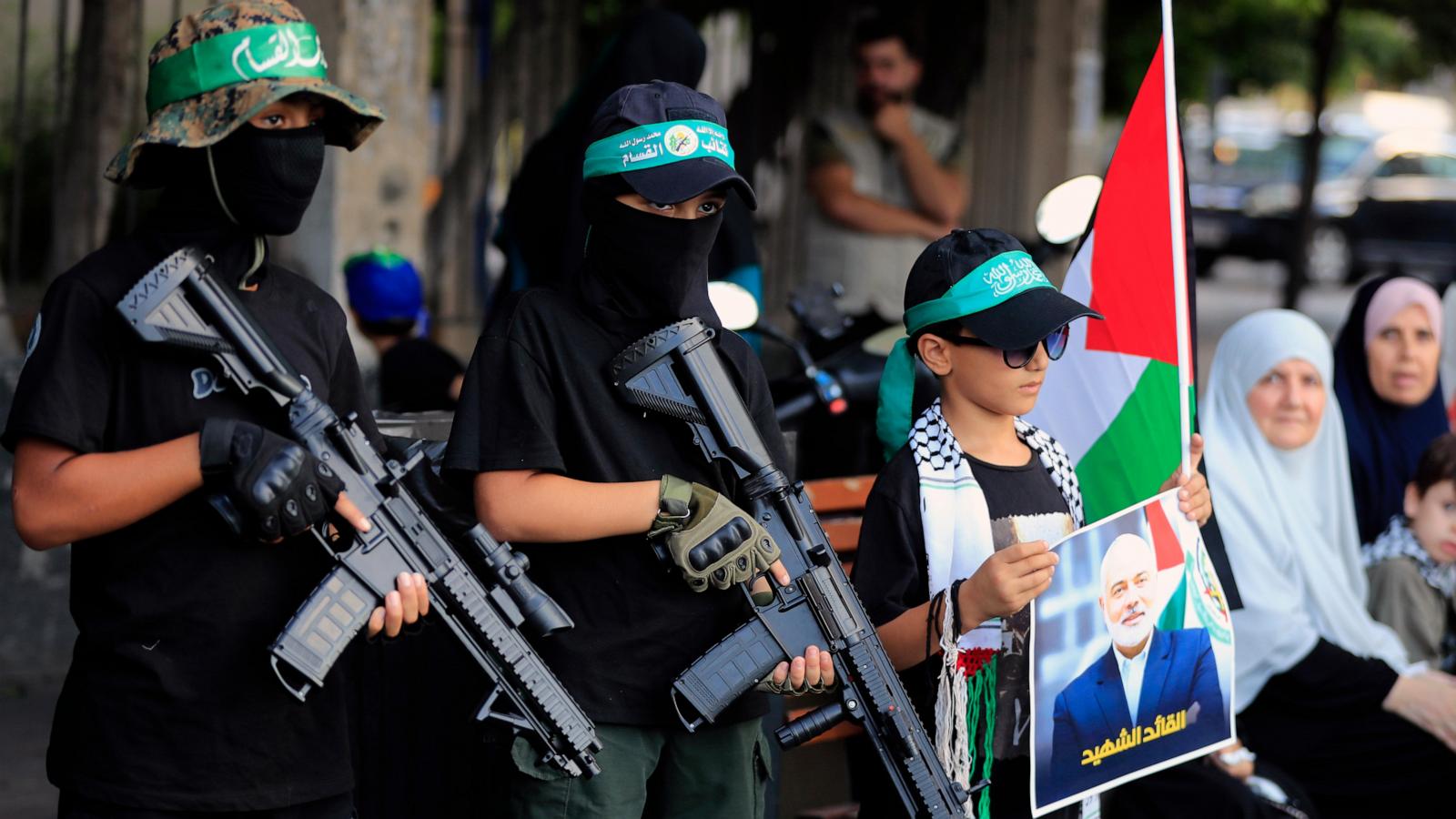The suspected assassination of Ismail Haniyeh, a leader of Hamas, by Israel has ignited significant tension across the Middle East, particularly in Iran. While Israel has not formally claimed responsibility, Tehran has vowed to retaliate, escalating concerns in a region already embroiled in conflict due to the ongoing Israel-Hamas war.
Iranian President Masoud Pezeshkian has stated that Iran will respond to what he described as Israel’s crimes, though the specifics of Iran’s retaliation remain uncertain.
Iran’s potential response could involve mobilizing the numerous militias it has supported and armed over the decades. Since the 1979 Islamic Revolution, Iran has provided weapons to various militias and allies in the region.
This policy emerged after a breakdown in relations with the U.S., which had previously supplied significant military hardware to Iran under the Shah’s regime. With Iran’s own arsenal diminished due to the Iran-Iraq War and ongoing international sanctions, it has increasingly relied on these militias as a means to exert influence and challenge its adversaries, particularly Israel and the U.S.

Suspected Assassination of Hamas Leader Ismail Haniyeh Escalates Middle East Tensions
One of Iran’s major proxies is Hezbollah in Lebanon. Founded in the 1980s, Hezbollah has become a formidable force with a substantial arsenal, including precision-guided missiles and drones.
The group’s capabilities pose a significant threat to Israel, which remains wary of Hezbollah’s potential to overwhelm its defenses through a coordinated barrage. Hezbollah’s military strength, combined with its experience in various conflicts, makes it a key player in any regional escalation.
In Iraq, Iran has supported Shiite militias known as the Popular Mobilisation Forces, which were initially formed to combat ISIS but have since evolved into a powerful faction with considerable military resources. These militias have been involved in numerous attacks against U.S. forces in Iraq.
Their growing strength and arsenal pose a continued threat to both U.S. and Israeli interests in the region, and recent attacks have underscored their potential to further destabilize the situation.
In addition to these groups, Iran has armed Sunni militant factions such as Hamas and Islamic Jihad in Palestine. Despite their sectarian differences, these groups have received support from Iran, which has exacerbated the conflict between Hamas and Israel.
The ongoing war has resulted in significant casualties on both sides, with Iran’s involvement complicating efforts to resolve the conflict and adding to the broader regional instability.
Lastly, Iran has also backed Yemen’s Houthi rebels, who have disrupted maritime traffic in the Red Sea and even targeted Israel with drone and missile attacks. The Houthis’ growing capabilities and their increased international profile are partly due to Iranian support, though the extent of Iran’s direct command over the Houthis is debated.
If tensions continue to rise, Iran might coordinate with its various proxies, including Hezbollah and the Houthis, to launch a broader retaliatory campaign against Israel, potentially leading to a more extensive regional conflict.
